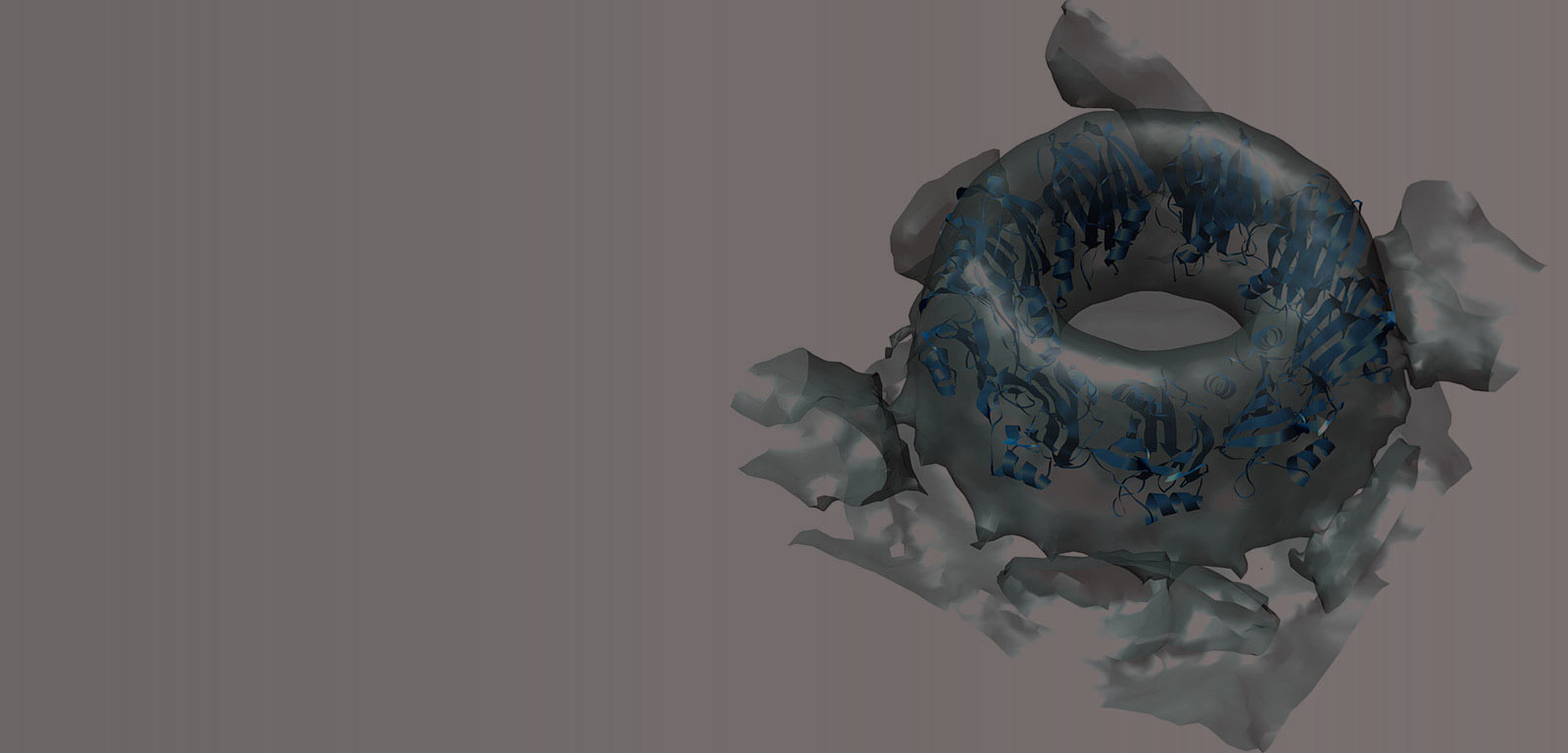Subject
Genetic Engineering and Biotechnology
General details of the subject
- Mode
- Face-to-face degree course
- Language
- English
Teaching staff
| Name | Institution | Category | Doctor | Teaching profile | Area | |
|---|---|---|---|---|---|---|
| FULLAONDO ELORDUI-ZAPATERIECHE, ASIER | University of the Basque Country | Profesorado Agregado | Doctor | Bilingual | Genetics | asier.fullaondo@ehu.eus |
Competencies
| Name | Weight |
|---|---|
| Conocimiento actualizado de las áreas más activas de la Biología Molecular y la Biomedicina. | 16.0 % |
| Experiencia de trabajo en un laboratorio de investigación en el área. | 16.0 % |
| Capacidad para comenzar el trabajo experimental conducente al doctorado. | 16.0 % |
| Capacidad para comprender y, a nivel básico, evaluar críticamente un artículo de investigación en las áreas objeto del Máster. | 16.0 % |
| Capacidad para integrarse en una empresa biomédica biotecnológica como titulado superior. | 16.0 % |
| Capacidad para iniciar una tesis doctoral. | 16.0 % |
Study types
| Type | Face-to-face hours | Non face-to-face hours | Total hours |
|---|---|---|---|
| Lecture-based | 50 | 75 | 125 |
Training activities
| Name | Hours | Percentage of classroom teaching |
|---|---|---|
| Expositive classes | 56.0 | 32 % |
| Group discussion | 22.0 | 4 % |
| Text analysis | 47.0 | 4 % |
Assessment systems
| Name | Minimum weighting | Maximum weighting |
|---|---|---|
| Continuous evaluation | 0.0 % | 30.0 % |
| Multiple-choice examination | 0.0 % | 30.0 % |
| Practical tasks | 0.0 % | 40.0 % |
Learning outcomes of the subject
The student will acquire a critical scientific spirit, capacity for experimental design and scientific communication in the field of genetic engineering.The student will acquire practical skills in the appropriate techniques to address problems of a basic or applied nature in Genetic Engineering.
The student will acquire the knowledge, skills and abilities necessary to carry out an innovative research project applying genetic engineering techniques and procedures.
The student will know how to apply advanced knowledge and techniques in Biochemistry and Molecular Biology to the diagnosis, treatment and prevention of diseases.
The student will acquire self-learning skills that will enable continuous updating in methodological and conceptual advances in Genetic Engineering.
Ordinary call: orientations and renunciation
Attendance is compulsory. Excused absences may be made up with the activity indicated by the person in charge of the session.The intervention of the student in the classes will be valued, the questions and comments made in each session will be valued. A high participation and attendance to 100% of the sessions allows to pass the course.
An unexcused attendance of less than 80% of the sessions will result in the failure of the course.
In the case of absence with a justified cause (more than 30%), an exam/test of the subject adjusted to the specific situation will be carried out.
The evaluation tests of the course will be adjusted to the characteristics of the group and will be made explicit at the beginning of the course.
Extraordinary call: orientations and renunciation
The extraordinary call will involve the realization of an exam/test of the subject that will consist of the development of a topic of the subject to choose between two chosen at random.Temary
The course aims to give students an overview of the current issues in Medical Biotechnology, by highlighting those requiring genetic engineering to develop.SECTION I. THE BIOLOGY BEHIND THE TECHNOLOGY.
Introduction: an historical perspective. Fundamental technologies. Synthetic biology. The genetic basis of disease
SECTION II. PRODUCTION OF THERAPEUTIC AGENTS Modulation of gene expression. Protein therapeutics. Plant biotechnology: history, fundamentals and applications. Biotechnology for the production of omega-3 and other added value oils.
SECTION 3. DIAGNOSIS AND TREATMENT OF HUMAN DISEASE. Molecular diagnosis. Molecular diagnosis of cancer. Introduction to nanobiotechnology. Bioengineering, nanobiotechnology and nanomedicine. Advances in genetic edition techniques. Human gene therapy. Epigenetics. Stem cells and regenerative medicine. Forensic medicine.
SECTION 4. SOCIETAL ISSUES. Genetic and society.
PRACTICAL. Expression in Escherichia coli and purification of the Green Fluorescent Protein.
Bibliography
Compulsory materials
For each individual subject included in the program the student will be provided by the instructors with additional teaching aids (i.e Power Point presentations and other specialized references as reviews or research articles).Basic bibliography
Medical Biotechnology. Bernard R. Glick, Terry L. Delovitch, Cheryl L. Patten. First Edition (2014). ASM Press, Washington, USA.Molecular Biotechnology: Principles and Applications of Recombinant DNA. Fifth Edition (2017). Bernard R. Glick, Cheryl L. Patten. ASM Press, Washington, USA.
In-depth bibliography
Medical Biotechnology. First Edition (2014). Bernard R. Glick, Terry L. Delovitch, Cheryl L. Patten. ASM Press. ISBN978-1-55581-705-3
Gene Cloning & DNA Analysis: An introduction. Eighth Edition (2020). T.A. Brown. Wiley-Blackwell. ISBN: 978-1-119-64078-3
A handbook of gene and cell therapy. First Edition (2020). Clévio Nóbrega, Liliana Mendonça, Carlos A. Mato. Springer Nature
Switzerland. ISBN: 978-3-030-41335-4


